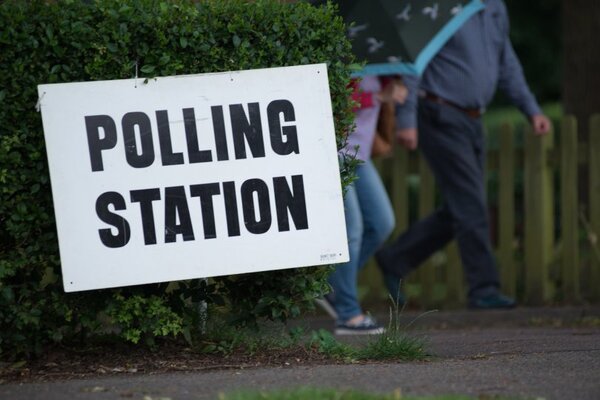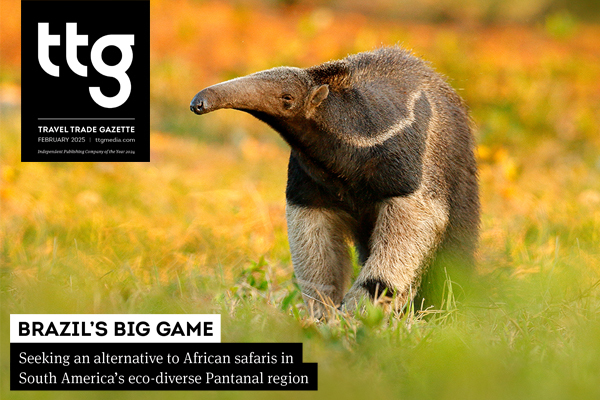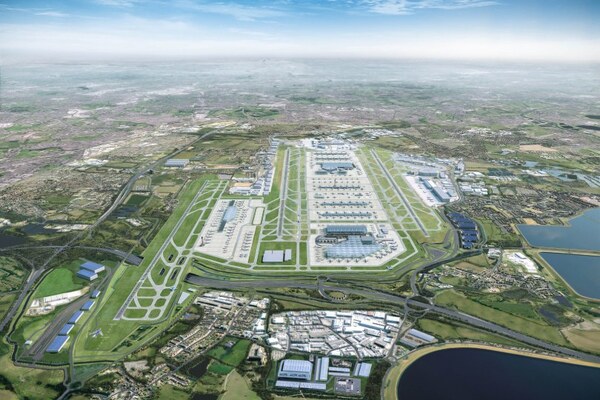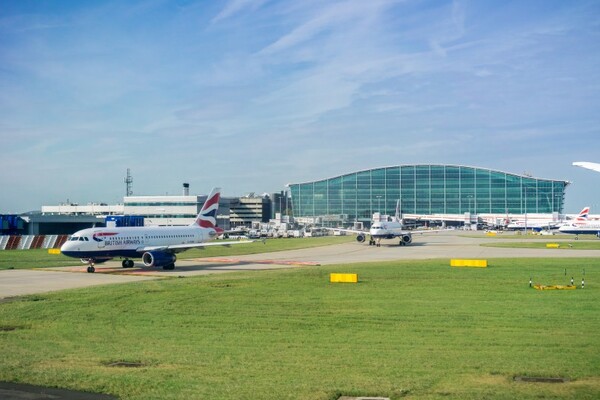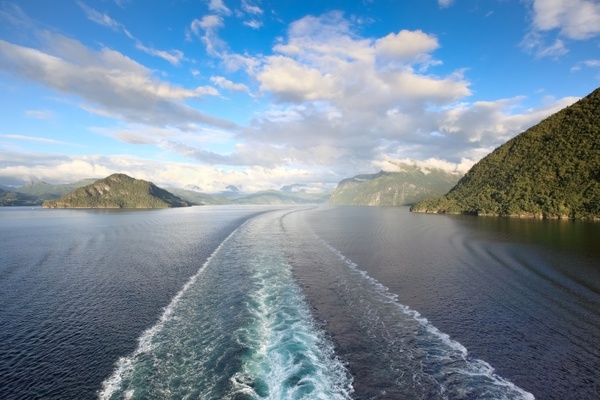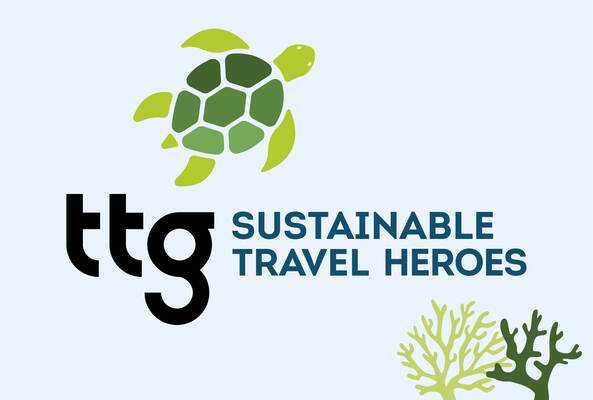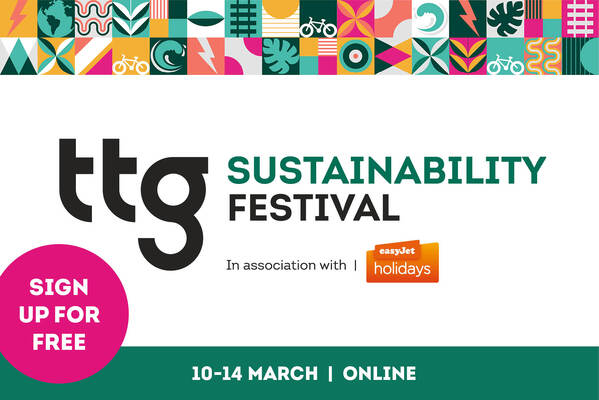What does travel want – and need – from the next government?
Ahead of the general election, TTG examines what the major parties have planned for the industry – and what the trade wants from the next government. Rob Gill and Gary Noakes report.
After six weeks of rigorous campaigning, UK voters headed to polls on Thursday (4 July) to vote in the first general election for five years – one, so far as travel is concerned, fought primarily on environmental issues.
It’s fair to say travel has not featured prominently on the election trail, with the major parties’ manifestos focusing mainly on sustainability, such as reducing the carbon footprint of flying and the development of alternative fuels.
With so few commitments to, or policies on, travel and tourism, it will make it even more important in the immediate post-election period for the industry to make its voice heard, regardless of who ends up in 10 Downing Street.
What’s at stake?
So what are the key battleground issues? Well, with the country entering a critical period to 2030 where sustainability is likely to influence a lot of decision-making, one focus will be scaling up production of sustainable aviation fuels (SAF) and establishing how this can be done without pushing up taxes and flight prices.
Travel also needs regulatory certainty to thrive; efforts to reform Atol protection and the Package Travel Regulations (PTRs) are under way, but what about Air Passenger Duty (APD) and the EU261 flight compensation scheme, which was carried over from the UK’s membership of the EU pre-Brexit?
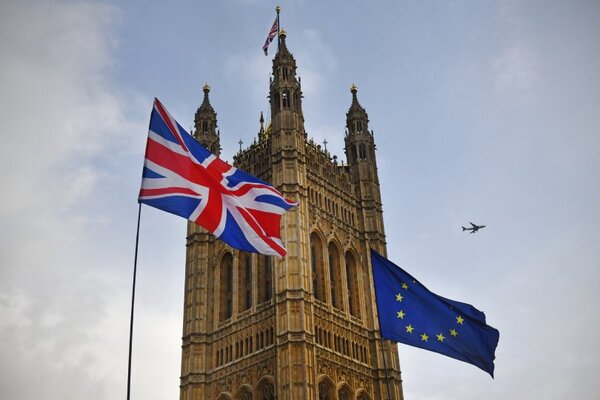
Another Brexit headache is the UK’s mobility rules, with the industry keen for government to reduce barriers preventing young people, in particular, from working abroad as reps or chalet hosts, and preventing travel businesses more generally "posting" workers overseas.
High street agents, meanwhile, will be watching out with keen interest for any plans to reform the UK’s business rates regime. And then there’s the wider question of how the outbound travel sector illustrates to a new government and new MPs why it is key economic contributor and force for good.
The manifestos
Some answers lie in the major parties’ manifestos. The Conservative manifesto is light on commitments to the travel industry, limited to just three mentions of aviation.
The party plans to “support the growth and decarbonisation” of aviation by implementing its SAF mandate, which will require 10% of all air fuel to come from sustainable sources by 2030. It has also pledged to create an industry-backed revenue support mechanism and invest in future aviation technologies.
The Conservatives will also continue backing domestic flights to remote areas through Public Service Obligations routes, and give local councils powers to “manage uncontrolled growth of holiday lets”.
The party is proposing a £4.3 billion business rates support package for high street retailers, as well as improved access to finance for SMEs. It has also vowed not to raise corporation tax.
Labour also commits to promoting alternative aviation fuels to “secure the UK aviation industry’s long-term future”, as well as airspace modernisation that will allow flights to operate more efficiently.
Other pledges include £500 million to support manufacturing of green hydrogen, a potential alternative aviation fuel, while £1 billion will be used to accelerate carbon capture technology – another tool for countering the impact of aviation emissions.
Elsewhere, the party promises to reform business rates in England with a system designed to “level the playing field between the high street and online giants", as well as better incentivise investment, tackle empty properties and support entrepreneurship.
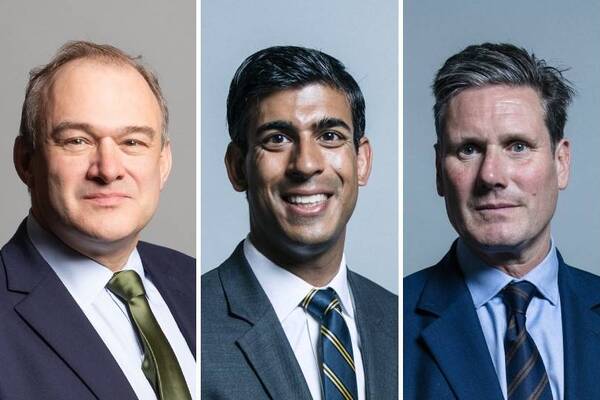
The Liberal Democrats take a stronger line on aviation emissions with five measures to "reduce the climate impact of flying", including a new – albeit undefined – "super tax" on private jet flights.
The party also plans to halt all London airport expansion and ban domestic flights that can be completed by rail in under 2.5 hours, unless they’re powered by alternative fuels.
Under the Lib Dems, a greater proportion of the tax burden on international flying would be levied on frequent flyers, reducing costs – it said – for people taking "one or two" flights a year.
More generally, the party plans to “hold businesses to account for their role tackling climate change by introducing a general duty of care for the environment”, alongside investment in renewable energy and zero-carbon transport.
Beyond the three main parties, the Green Party – unsurprisingly – takes the toughest line on aviation by proposing a carbon tax on all aviation kerosene sold in the UK, as well as a frequent flyer levy “to reduce the impact of the 15% of people who take 70% of flights”. It has also suggest banning domestic flights for journeys taking less than three hours by train and halting all expansion of airport capacity.
By contrast, Reform UK proposes scrapping net zero targets and renewable energy subsidies. Other policies include abolishing business rates for high street SMEs and exempting them from corporate tax by lifting the minimum profit threshold to £100,000.
The Scottish National Party is advocating for a reunion with the EU and promises to promote "a fair and affordable transition to zero-emission transport fuels", while Welsh nationalist party Plaid Cymru plans to raise APD and introduce a kerosene tax for private jets.
Meanwhile, in Northern Ireland, Sinn Fein is calling for development of regional airports and "greater regional balance" between Dublin, Cork and Shannon airports, one that recognises Shannon’s "vital" role as a tourism gateway to the mid-west region. It also pledges to improve rail links in the north.
The Democratic Unionist Party, meanwhile, is calling for the reinstatement of duty-free shopping between Northern Ireland and the EU, a third runway at Heathrow prioritising regional connections, and the abolition of APD.
‘It’s time to talk’
"It’s going to be a busy summer,” admits Abta chief executive Mark Tanzer. "We’re excited to have new people to talk to, because we have a lot to talk about," he tells TTG. "We’ve already started talking to politicians of all stripes so if there’s a new government, we’re not going from a standing start."
With sustainability top of the agenda, Tanzer says it’s important net-zero policies don’t make travel unaffordable or restrict choice. He adds that while it’s "good to have a goal" in terms of implementing a SAF mandate, the government needs to be "realistic" with its policies.
"What we don’t want is progressive layering of carbon taxes putting the price of aviation up and taking it out of reach of people struggling with cost-of-living issues,” says Tanzer.
The Abta chief insists the association will be busy ensuring new ministers and MPs understand the importance of the outbound travel sector to the UK economy. "New MPs and ministers might think it’s better people holiday in the UK, but we’ve published frequent research showing the value of outbound travel," says Tanzer.
"At cabinet level, we will be making sure they understand the importance of the sector. We see it very much as a partnership with government.”
Abta will also be addressing ongoing industry issues such reforming APD, the Atol scheme and the PTRs, as well as pushing for an overhaul of business rates for retail members.
Tanzer hopes there could be progress on creating “mechanisms promoting youth mobility schemes with the EU” as a way of encouraging younger workers to consider a career in travel. Abta will also continue promoting travel as a “force for good” following the election.
"Covid showed the impact on destinations when people don’t travel,” adds Tanzer. “We want to help developing economies to thrive. If people stop flying because of climate change, there’s a real cost domestically and internationally. People value their international travel and want it done responsibly.”
What does the industry want?
So we've heard from the major parties, as well as the other runners and riders set to contest the fifth general election since the Conservative Party came to power in 2010 in coalition with the Liberal Democrats.
We're heard too from Abta about its priorities for the next government and the years to come. But what about the rest of industry? We caught up with some of the key associations representing travel's interests, and get a take too on the sustainability developments set to shape travel's immediate future.
Andy Harmer, managing director, Clia UK and Ireland
The cruise industry enables growth, contributes billions to the economy and supports thousands of jobs throughout the UK. We want government to champion cruise as an integral part of the UK’s tourism strategy, recognising how it benefits coastal and remote regions and islands, as well as local businesses and attractions. The UK should maintain competitiveness as a cruise destination with appropriate border requirements and infrastructure. Our industry wants government to support our ambition for net-zero emissions by 2050, including support for the production and supply of sustainable marine fuels. We will work with the next government to maximise the positive impact of sustainable cruise tourism to the UK economy.
Martyn Sumners, executive director, Aito
Aito is looking for the next government to recognise the wider travel and tourism industry is different from aviation by appointing a dedicated minister to represent our sector, one that contributes £84 billion in travel-related spend to the UK economy. Furthermore, with SMEs the lifeblood of the economy, the government must acknowledge they need to be treated differently from large companies and be supported with simpler, fairer regulation. The delays to the Atol and Package Travel Regulation consultations only serves to create more uncertainty for travel businesses.
Jacqueline Dobson, president, Scottish Passenger Agents' Association
I hope the next parliamentary term will bring genuine regeneration of our high streets. Serious investment and modernisation is needed to transform communities up and down the country. We have a business rates system that is out of touch with the realities of modern retail, and we need policies that will encourage and incentivise businesses to open or expand on the high street. The community benefits of thriving town or city centres are well documented, but we’ve yet to see any meaningful policy focusing on actually filling empty units and creating jobs. We also need more innovation in youth training through apprenticeship programmes and development funds.
Patrick Richards and Marina Bradford, directors, TerraVerde Sustainability
The government must guarantee scale-up of sustainable aviation fuel and fund this initiative by removing current subsidies on short-haul flights. We also need ministers to invest in public transport and connections with European railways to make it an affordable – and preferred – option. Expanding these travel corridors will make travel more accessible and affordable. In addition, we want to see the next government invest in developing a robust charging infrastructure for electric vehicles to support widespread adoption. Finally, we need mandatory sustainability reporting and performance requirements for mid-size companies to help them become more aware of their impact on the world and ensure they take action to do more good and less harm. By making this mandatory, it becomes and industry norm, preventing any disadvantage to early-adopters while eliminating a significant barrier to progress.
Have your say
This summer's election is the first since Covid, and will shape the political and operational landscape in which travel will operate for the next five years as it continues to rebuild from the pandemic and emerge stronger and more resilient. We'd love to hear from you about what your priorities are for the next government. Let us know in the comments section below or head to one of TTG's social media channels to join in the debate. Alternatively, you can email your thoughts to feedback@ttgmedia.com.
TTG's general election recap
Labour stormed to victory in Thursday's general election (4 July) securing a huge Commons majority of 174 seats and condemning the Conservative Party to its worst general election defeat in its parliamentary history. Here are some of the key updates in the wake of polling day.
- TTG poll reveals travel trade's priorities for new Labour government
- 'Time is of the essence', Abta tells Labour after general election win
- What does travel want – and need – from the next government?
- Former transport secretaries Mark Harper and Grant Shapps lose seats
- Keir Starmer names first transport and culture secretaries of new govt
Sign up for weekday travel news and analysis straight to your inbox

Gary Noakes

Rob Gill
Supplier Directory
Find contacts for 260+ travel suppliers. Type name, company or destination.
